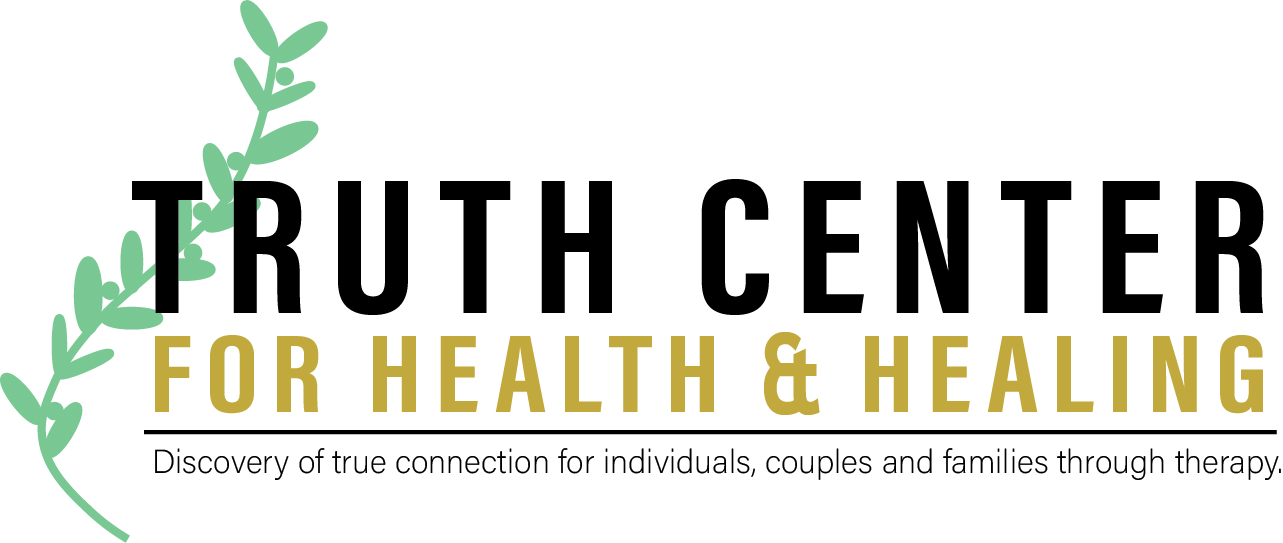Trauma is a deeply distressing event that can have lasting effects on an individual’s mental health, relationships, and daily life. It can be experienced in various forms, such as abuse, violence, accidents, or witnessing a traumatic event. Trauma can have a profound impact on a person’s well-being, and addressing it in therapy requires a specialized approach known as trauma informed therapy.
What is Trauma-Informed Therapy?
It is a therapeutic approach that recognizes the prevalence and effects of trauma on individuals and their communities. It involves therapists being mindful of the possibility that their clients may have experienced trauma in their lives and taking steps to avoid triggering or re-traumatizing them during treatment. Trauma-Informed Therapy seeks to create a safe and supportive environment that promotes healing and empowerment for individuals who have experienced trauma.
Understanding Trauma
According to the Diagnostic and Statistical Manual of Mental Disorders, 5th Edition (DSM-5), trauma is defined as exposure to actual or threatened events involving death, serious injury, or sexual violation. This can include directly experiencing the events, witnessing them in person, learning that they occurred to a close family member or friend, or experiencing repeated or extreme exposure to adverse details of the events.
It’s important to note that not everyone who experiences a traumatic event will develop trauma, and different individuals may react to trauma in different ways. However, research conducted by the Centers for Disease Control and Prevention (CDC) and Kaiser Permanente Insurance has shown that there are 10 Adverse Childhood Experiences (ACEs) that can impact children, adolescents, and follow them into adulthood. Adults with high ACE scores are at a greater risk for physical health issues, mental illness, and early death. This highlights the importance of trauma-informed care in addressing the long-term effects of trauma.
How is Truth Center Trauma-Informed?
We prioritize a trauma-informed approach in our therapy sessions. Our therapists are trained to be knowledgeable about the impacts of trauma on individuals and to recognize the potential influences and environments in which our clients may have experienced trauma. We understand that trauma can shape an individual’s life and that protective factors may have been developed in response to it.
We take into consideration our clients’ familial and cultural history, creating a safe space where they can feel seen, heard, and understood. We guide our clients carefully to understand their protective factors, heal from their trauma, and explore changes they may want to make to regain control of their lives. Our trauma-informed approach ensures that our clients are not re-traumatized during therapy and that their healing journey is supported in a compassionate and empowering manner.
Benefits of Trauma-Informed Therapy
Trauma-Informed Therapy has numerous benefits for individuals who have experienced trauma. Some of the key benefits include:
- Safety and Empowerment
Trauma-Informed Therapy provides a safe and supportive environment for individuals to express their experiences and emotions without fear of judgement or re-traumatization. It empowers individuals by giving them control over their healing process and encourages them to make choices that are best for their well-being.
- Increased Self-Awareness
Trauma-Informed Therapy helps individuals develop a deeper understanding of themselves and their reactions to trauma. It allows them to recognize and manage their triggers, emotions, and behaviors, leading to increased self-awareness and emotional regulation.
- Improved Coping Skills
Trauma-Informed Therapy equips individuals with coping skills to manage the effects of trauma in their daily lives. These skills may include stress management techniques, grounding exercises, and healthy coping strategies that promote resilience and recovery.
- Enhanced Relationships
Trauma-Informed Therapy focuses on building healthy relationships and repairing any relational disruptions caused by trauma. It helps individuals improve their communication skills, set healthy boundaries, and develop trust in relationships. This can result in improved relationships with family, friends, and other significant individuals in their lives.
- Strength-Based Approach
Trauma-Informed Therapy focuses on individuals’ strengths and resilience rather than solely on their deficits or weaknesses. Therapists help clients identify their inner resources, skills, and strengths to build upon as they navigate their healing journey. This strengths-based approach empowers individuals, boosts their self-esteem, and fosters a sense of agency and competence.
How Truth Center Implements Trauma-Informed Therapy
At Truth Center for Health & Healing LLC, trauma-informed care is an integral part of our therapeutic approach. Our therapists are trained in trauma-informed practices and adhere to the following principles:
1. Safety
We prioritize creating a safe and non-judgmental environment for our clients. We ensure that our therapy sessions are conducted in a confidential, compassionate, and validating manner, where clients feel heard, seen, and respected.
2. Empowerment
We believe in empowering our clients to be active participants in their healing process. We encourage clients to set their own goals, make choices that are best for their well-being, and take ownership of their healing journey.
3. Cultural Sensitivity
We recognize and respect the diverse backgrounds and experiences of our clients. We strive to understand the impact of culture, race, ethnicity, and other factors on an individual’s experience of trauma and tailor our therapy approach accordingly.
4. Individualized Care
We understand that each person’s experience of trauma is unique, and we tailor our therapy approach to meet the specific needs and goals of each individual. We use evidence-based therapeutic techniques that are proven to be effective in addressing trauma-related issues.
5. Collaboration and Consent
We collaborate with our clients and seek their consent throughout the therapy process. We work in partnership with our clients, respecting their autonomy, and involving them in decision-making regarding their treatment plan.
6. Self-Care for Therapists
We recognize the importance of self-care for our therapists to prevent burnout and ensure that they are best equipped to provide trauma-informed care. We prioritize self-care practices and provide support and resources for our therapists to maintain their well-being.
Conclusion
Trauma informed therapy is a vital approach to address the complex and diverse needs of individuals who have experienced trauma. It provides a safe and empowering environment for individuals to heal, develop self-awareness, and build resilience. At Truth Center for Health & Healing LLC, we implement trauma-informed care principles in our therapy approach, prioritizing safety, empowerment, cultural sensitivity, individualized care, collaboration, and self-care. We are committed to supporting our clients on their healing journey and helping them regain control of their lives. If you or a loved one has experienced trauma, we encourage you to seek the support of a trauma-informed therapist to facilitate your healing process.





